By Joanne Sloan
2017 marks 200 years since Fry founded association for women in prison
Elizabeth Fry (1780–1845) was an English Quaker prison and social reformer. She is known as the “Angel of Prisons.”
This is the 200th anniversary of her founding an association for women in prison.
She was born to a prominent Quaker couple, John and Catherine Gurney, on May 21, 1780, in Norwich, England.
Her mother made sure Elizabeth had a good education and taught her to work with the poor and sick.
When she was 12 years old, her mother died. Since she was one of the oldest of 12 children, she helped with the care and education of her younger siblings.
At the age of 18 she heard Quaker William Savery preach. She later wrote about her conversion: “Today I felt there is a God … we had much serious talk … what He said to me was like a refreshing shower on parched up earth.” She decided then to help the downtrodden.
During the next few years she collected clothes for the poor, visited the sick and taught children to read.
In 1800, Elizabeth married a fellow Quaker, Joseph Fry, the son of a successful merchant. They had 11 children.
She became a Quaker preacher in 1811. Two years later she met Quaker minister Stephen Grellet, who had toured the men’s section at London’s Newgate Prison.
Known for its inhumane conditions and public executions, Newgate served as a prison from 1188 to 1902.
Grellet found dreadful conditions at Newgate and asked Elizabeth Fry for her help. She immediately visited the women’s prison. She discovered 300 women and their children huddled together in two wards and two cells. They slept on the floor without nightclothes or bedding. She supplied the women with clothes and started a school and a chapel. She introduced a supervision system, which matrons and monitors administered.
In 1817 she formed the Association for the Improvement of the Female Prisoners in Newgate. This association led to the founding of the British Ladies’ Society for promoting the Reformation of Female Prisoners, which was the first nationwide women’s organization in Britain.
In 1818 the House of Commons asked her to testify about conditions at Newgate. Her speaking marked the first time a woman presented evidence to Parliament.
Fry published “Observations, on the visiting superintendence and government of female prisoners” in 1827.
Her reforms led to the founding of prison reform associations all over Europe.
Prison reform was her main concern but she also campaigned for the homeless and improvements in mental asylums. She also worked for the reform of workhouses and hospitals.
Physical and spiritual needs
In 1840 she started a training school for nurses. “Fry nurses” wore their own distinctive uniforms and took care of their patients’ physical and spiritual needs. Florence Nightingale wrote to Elizabeth Fry about how she had been influenced by her training of nurses. When Nightingale left for the Crimean War, a group of Fry nurses accompanied her.
Queen Victoria met with Elizabeth Fry several times. The queen gave her money to help with her charities.
On Oct. 12, 1845, she died in Ramsgate. More than 1,000 people stood in silence when she was buried at the Society of Friends’ graveyard at Barking.
_______________________
Joanne Sloan, a member of First Baptist Church, Tuscaloosa, has been a published writer of articles and books for 30 years. She has a bachelor’s degree double majoring in history and English from East Texas State University (now Texas A&M University–Commerce) and a master’s degree specializing in English from the University of Arkansas (1978).

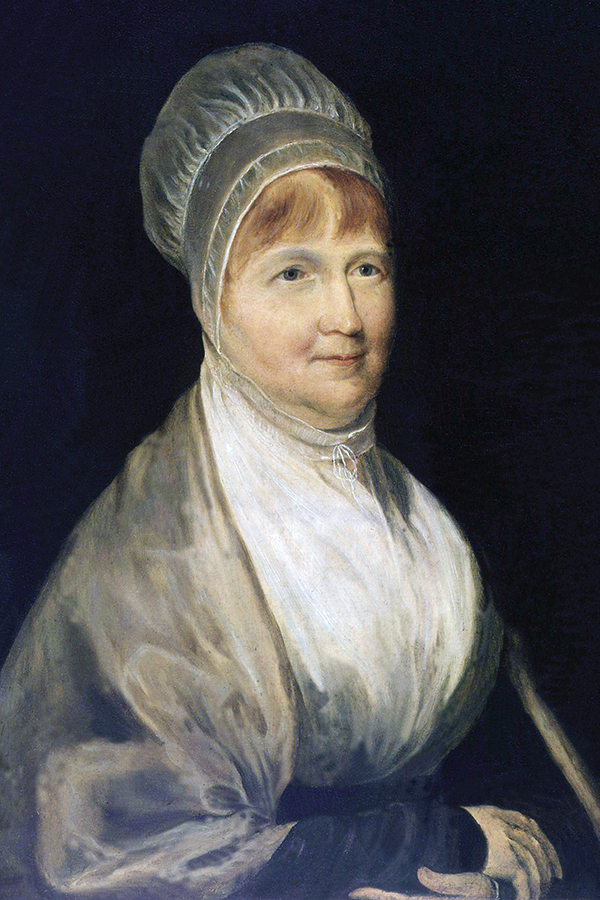
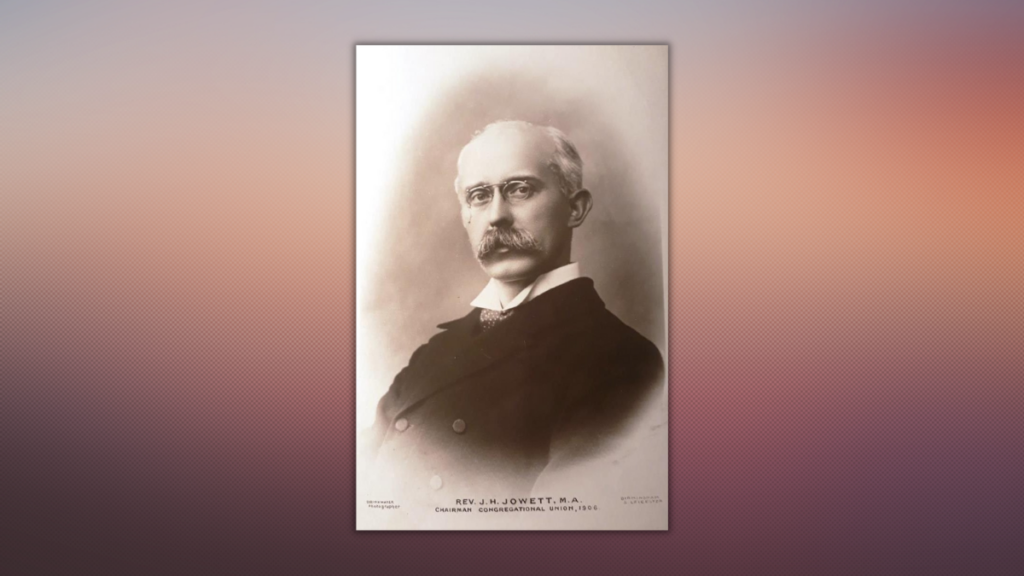
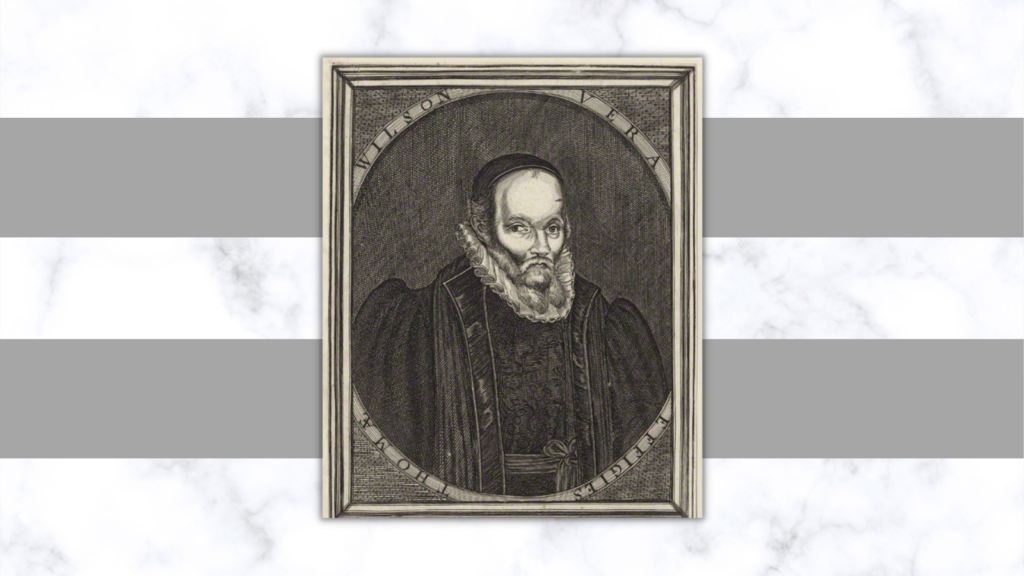
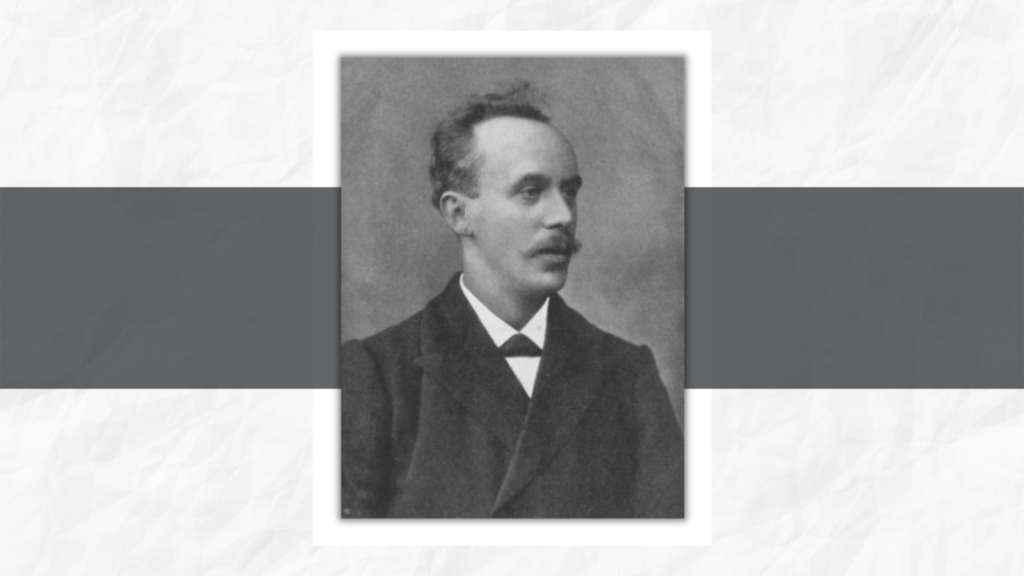
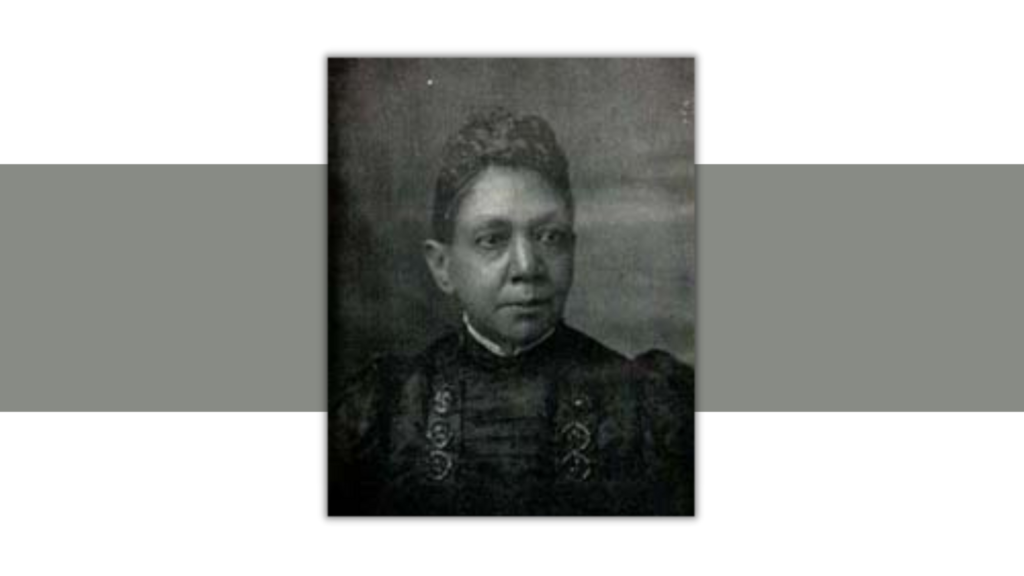
Share with others: